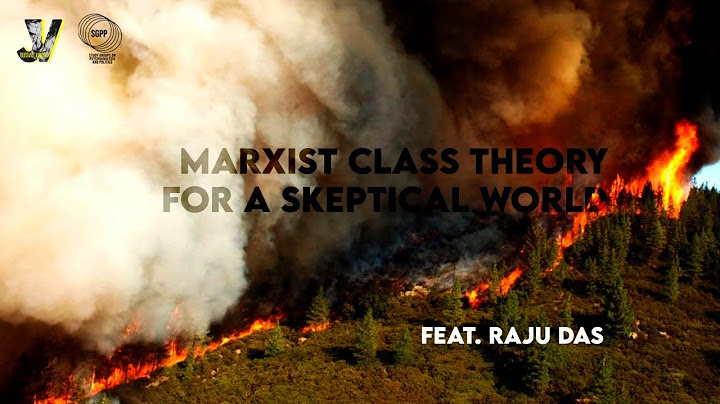The Vertical Ladder by William Sansom, 1960 The magic trick: Focusing nearly every sentence on the man’s climb I’m scared of heights. Pretty bad. I get vertigo quickly and I can’t control the images my brain starts producing. Bridges, balconies, and especially airplanes. It’s ugly. So with that said I’m probably not the toughest reader out there to impress with this story. Still, it’s not everyday that a story can make you feel dizzy and send the sweat glands in your palms into a frenzy. Bravo, Mr. Sansom, you almost gave me a panic attack. How? Well, obviously, it helps that his audience – me – was susceptible to this kind of fear. But it’s more than that. Sansom is relentless with the action, and he really doesn’t devote much time here to anything but the action. We get no backstory, very little context, even less in the way of characterizations. It’s just boom – young man is climbing an old gas tower and he starts to panic halfway up. That’s it. It might sound simple, but that kind of focus is rare. Literally, every sentence, once the young man starts up the vertical ladder, is about the climb. He considers every detail of both the climb itself and the sensations the experience is rendering within our climber. I’m getting kind of anxious just recapping right here, no joke. And that’s quite a trick on Sansom’s part. The selection: Here for a moment Flegg had paused. He had rested his knees up against the last three steps of the safely slanting wooden ladder, he had grasped the two side supports of the rusted iron that led so straightly upwards. His knees then clung to the motherly wood, his hands felt the iron cold and gritty. The rust powdered off and smeared him with its red dust; one large scrap flaked off and fell on to his face as he looked upwards. He wanted to brush this away from his eye, but the impulse was, to his surprise, much less powerful than the vice-like will that clutched his hands to the iron support. His hand remained firmly gripping the iron, he had to shake off the rust-flake with a jerk of his head. Even then this sharp movement nearly unbalanced him, and his stomach gulped coldly with sudden shock. What do you think about this story? As always, join the conversation in the comments section below, on SSMT Facebook or on Twitter @ShortStoryMT. April 30, 2015October 16, 2016Categories: Short Story Magic TricksTags: 1960s, analysis, British lit, British literature, criticism, English lit, English literature, fiction, short stories, The Vertical Ladder, William Sansom Post navigationThe Vertical Ladder by William Sansom Page 156 of A Sense of Belonging: A Short Story Anthology
Precarious – Characterised by a lack of security or stability; esp by the danger of falling
V.I. = One of the themes that The Vertical Ladder comes under Q: “It had been a strong Spring day, abruptly as warm as midsummer. The sun flooded the parks and the streets with sudden heat” Q: “The green glare of the new leaves everywhere struck the eye too fiercely, the air seemed almost sticky from the exhalations of buds and swelling resins.” Q: “The houses there were small and old, some of them already falling
into disrepair” Page 157
Vicariously – felt or enjoyed through imagined participation in the experience of others; performed, exercised, received or suffered in place of another
Q: “Among the ruined sheds this was the only erection still whole, it still predominated over the yards”
V.I. = one of the themes that classify The Vertical Ladder Q:”Then there began one of those uneasy jokes, innocent at first, that taken seriously can accumulate into an hysterical accumulation of spite.”
Inner. Page 158
Stringent – rigorously binding or exacting
Q: “The brown rusted iron sheeting smeared here and there with red lead”
Q: “The two boys and his own girl kept up a chorus of
encouraging abuse.” Q: “So that Flegg realised finally that there was no alternative.” Page 159
Perturbations – A small change in a physical system, most often in a physical system at equilibrium that is disturbed from the outside.
Inner. Q: “But this came too late.”
Q: “Somehow he sensed distinctly that he was already unnaturally high, with nothing but air and a precarious skeleton of wooden bars between him and the receding ground.” Page 160
Q: “The blue sky seemed to descend and almost touch it. The redness of the rust dissolved into a deepening grey shadow, the distant curved summit loomed over black and high.”
Q: “He could cover in no longer, he admitted it all over his body.”; “as though the nerves inside them had been forced taut for so long that now they had burst beyond their strained tegument.” Page 161
Inner. Q: “A memory crossed his mind.”
Q: “Outside there was space, nothing else, a limitless area of space” Page 162
Q: “The wind blew faster. It dragged now at his coat, it blew its space about him, it echoed silently a lonely spaciousness.” Q: “The ground had receded horribly, the drop now appeared terrifying, out of all proportion to this height had reached.” Q: “grown smaller himself and clinging now like a child lost on some monstrous desert of red rust.”
Q: “The sense of isolation was overpowering. All things were suddenly alien.” Page 163 and 164
Q: “from fun or from spite they had removed his only means of retreat.” Q: “They were abandoning him, casually unconcerned that he was alone and helpless up in his wide prison of rust.” Q: “But of something removed and unhuman – a sense of appalling isolation.” Q: “circling his head like a lost animal … then he jammed his legs in the lower rungs” |

Related Posts
Advertising
LATEST NEWS
Advertising
Populer
Advertising
About

Copyright © 2024 en.frojeostern Inc.



















